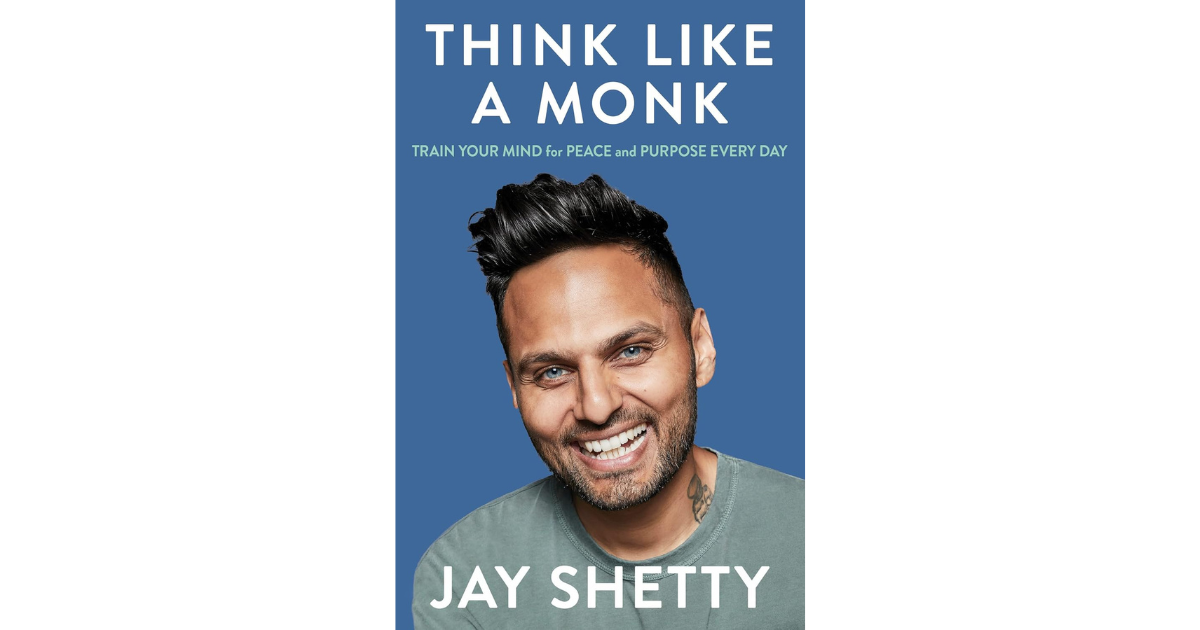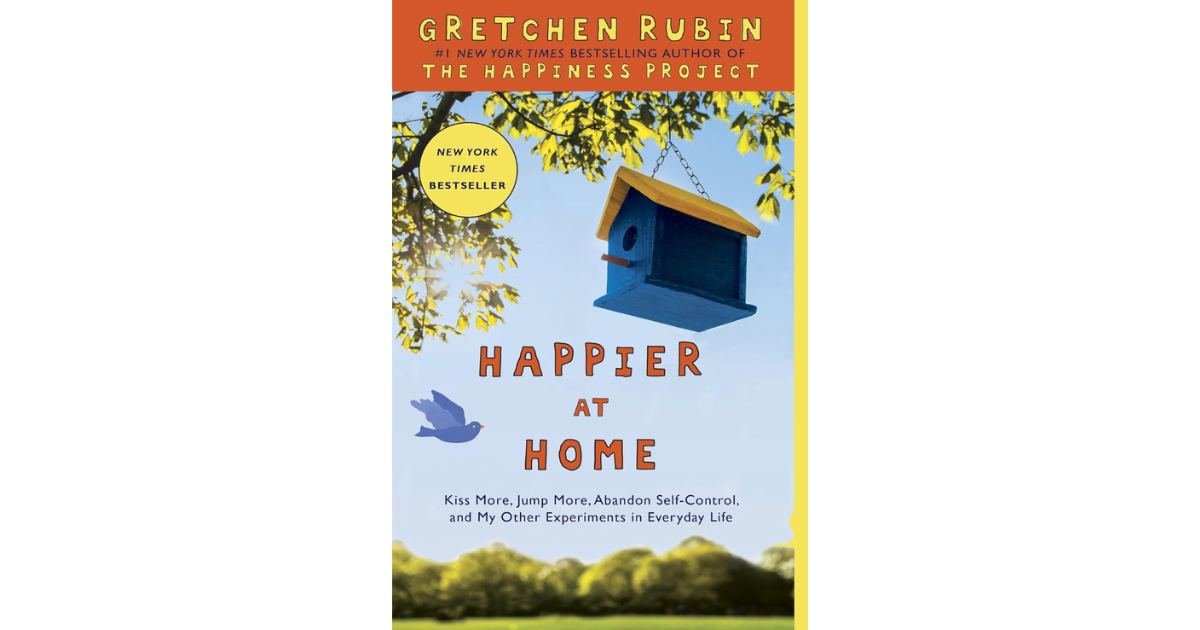Business Book Review: Joy at Work by Marie Kondo and Scott Sonenshein
The global phenomenon of tidying up to ‘spark joy’ isn’t just for the home. As research shows, reduce the clutter at work to increase your joy.
My Rating: ★★★★
Length: 256 pages
Publisher: Little, Brown Spark
Released: 2020
Key Takeaways for Personal Branding
In Joy at Work, cleaning sensation and author of the best-seller The Life Changing Magic of Tidying Up and Spark Joy, Marie Kondo teams up with organisational physiologist Scott Sonenshein. The duo apply Kondo’s famous ‘Spark Joy’ mentality to the workplace.
Why is tidying at work a conversation worth having? Because psychology research shows that messy environments tax the brand. When you are surrounded by clutter, you’re so busy registering the things around you, that you can’t focus on what you’re supposed to be doing.
Research shows that the search for lost things adds up to the equivalent of one workweek per employee, per year.
Research also shows that clutter decreases the joy you feel at work. Because:
It overwhelms the brain, making it harder for you to recognise and experience the things that bring you joy.
When you are inundated with things, you lose your sense of control and ability to choose.
The methods are based on Kondo’s real-life experience working in corporate life. And her experience of starting her business by working with senior executives on tidying up their space to spark joy.
The book edits Kondo’s KonMari method for the workplace. Kondo and Sonenshein each add their own expertise to the discussion, with Kondo leading the conversation in earlier chapters and Sonenshein adding his weight to the rest.
Regardless of whoever is leading the conversation, you still hear from each voice.
In Kondo style, the book is a detailed step-by-step guide with meticulous attention to detail.
Go in Order and One by One
The famous KonMari Method says to proceed in this sequence:
Clothes
Books
Papers
Komono (miscellaneous items)
Sentimental items
The idea is to go from easiest to hardest. When applying this to the workplace, you simply need to drop the clothes category.
Kondo’s usual rules for tidying up still apply. You must proceed one category at a time, one item at a time. And yes, that means every single pen and paper needs evaluation.
Papers: The Basic Rule is Discard Everything
Kondo proposes categorising every paper down to the last sheet. This might be by presentations, proposals, reports and invoices. Or, by date, projects or names of individual clients, patients and students.
Whatever your categories, never keep anything ‘just because’.
The Power of ‘Search’
Categories can also apply to your digital life. Joy at Work suggests going category by category in this sequence:
Documents
Emails
Applications
While the goal is to create clear, clutter-free spaces, it’s not to get bogged down by overly elaborate filing systems. Especially those that take more time to maintain than they are worth.
The book emphasises that you don’t need a lot of folders for your digital documents. Search technology has improved so dramatically that organising your documents is much easier than it once was. However, research shows people still prefer to navigate through folders instead of hitting the search button. Consider the accumulated time wasted on this default behaviour that could be spent elsewhere.
Remember, not everything needs saving. Ask yourself:
Do I need this document to get my job done?
Will this document provide me with guidance or inspiration for future work?
Does this document spark joy?
If not (of course, while still adhering to your workplace policies), discard it. Clear the clutter and clear the way for receiving more of what you do need. As Kondo points out, even Feng Shui experts agree. When you clear space in your inbox, you attract more of what you need to get your work done.
Favourite Quote
"Don’t confuse your email with your work. Email is one of many tools to get your job done, but it is not the work itself.”
Joy at Work by Marie Kondo and Scott Sonenshein: Available on Amazon.




